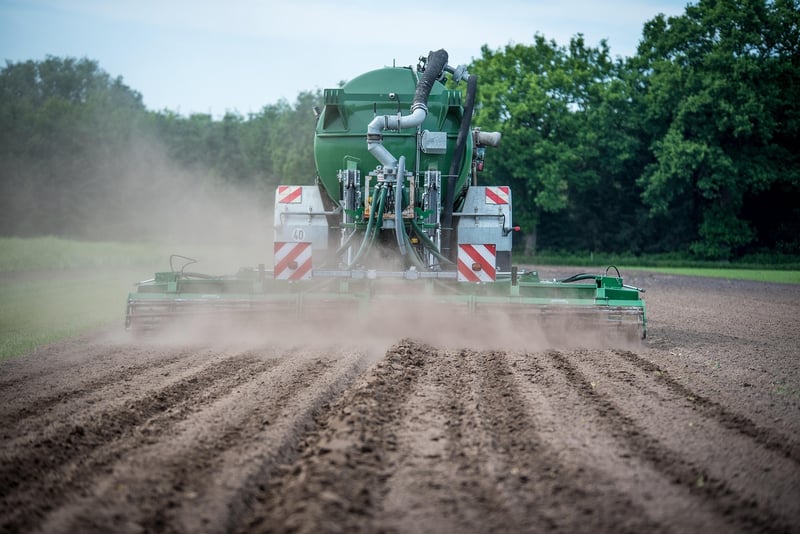Fertilization Methods
Maintaining a Healthy Garden: Fertilization Methods
Having a lush and thriving garden requires more than just watering your plants regularly. Proper fertilization is key to providing essential nutrients to your plants, ensuring they grow strong and healthy. In this article, we will explore various fertilization methods to help you maintain a vibrant garden.
1. Organic Fertilizers
Organic fertilizers are derived from natural sources such as compost, manure, bone meal, and seaweed. They are rich in nutrients and improve soil structure, promoting healthy plant growth. Organic fertilizers are environmentally friendly and provide a slow release of nutrients to plants over time.

2. Synthetic Fertilizers
Synthetic fertilizers are manufactured chemical-based products that provide a quick release of nutrients to plants. While they are effective in boosting plant growth, they can lead to nutrient imbalances in the soil over time if not used correctly. It's essential to follow the instructions carefully when using synthetic fertilizers.

3. Slow-Release Fertilizers
Slow-release fertilizers provide a steady supply of nutrients to plants over an extended period. They are convenient for busy gardeners as they require less frequent application compared to traditional fertilizers. Slow-release fertilizers are available in granular or spike form, offering long-lasting nourishment to your plants.

4. Liquid Fertilizers
Liquid fertilizers are fast-acting and easily absorbed by plants through their roots and leaves. They are ideal for providing a quick nutrient boost or correcting deficiencies in plants. Liquid fertilizers come in concentrated forms and are usually diluted with water before application, making them a convenient choice for foliar feeding.

5. Foliar Fertilizers
Foliar fertilizers are applied directly to the leaves of plants, where they are absorbed and translocated throughout the plant. They are useful for providing a quick nutrient boost, especially during periods of rapid growth or stress. Foliar fertilizers can address specific nutrient deficiencies and improve overall plant health.

By choosing the right fertilization method for your garden and plants' specific needs, you can ensure they receive the necessary nutrients for optimal growth and performance. Remember to follow instructions carefully and monitor your plants' response to fertilization to achieve the best results.
Happy gardening!
